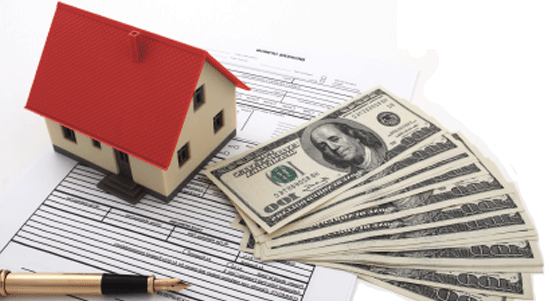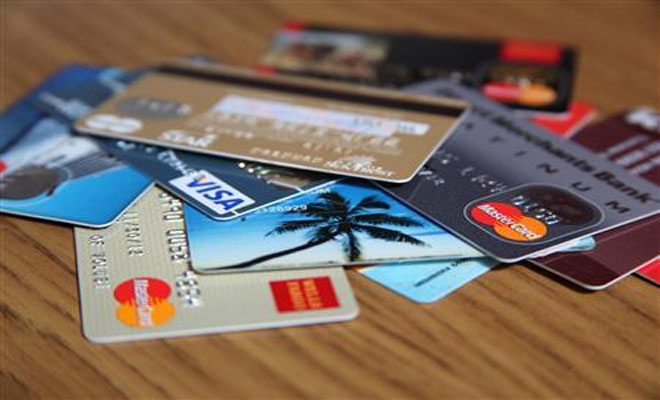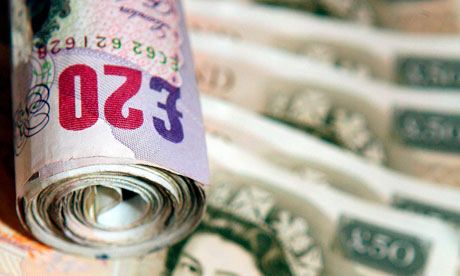
If you have the cash available to pay off your home loan, and you’re thinking about doing it, there are a few factors you should consider before you make your decision.
Immediately, it might seem obvious that paying off your home mortgage loan would be best for you financially. Many times, that works out to be true, but there may be a few things you haven’t thought about which could change your mind.
What If You Saved That Money Instead?
Rather than using that money to pay off your mortgage, have you considered investing it? Depending on what the interest rate of your mortgage is, it’s possible that you might earn more money if you invest it.
For instance, if the interest rate on your mortgage is 4%, you would save money on your monthly mortgage payment if you paid it off. However, if a savings account or another type of investment account can earn you 5% interest, you might be better off putting the cash there.
Some investment accounts will allow you to save without paying taxes on the interest.
Of course, if you already have that money in a savings or investment account, you might consider leaving it there.
Would You Be Penalized For Paying Off Your Mortgage Early?
In fact, many banks have such penalties. Lenders make most of their money on interest. In order to protect themselves from losing money, they institute policies such as this that will discourage their customers from doing things that would otherwise save them money on interest.
Be sure to check with your lender on whether or not they have an early mortgage payoff penalty.
However, even if they do have a penalty, it may still be in your best interest to pay it off early. If the penalty is less than the interest you’d be paying otherwise, it might work out to be in your favour to pay it off.
What if You Decided to Overpay Instead?
Rather than paying off your entire mortgage early, you could consider sending more money to the lender with each payment. In other words, if your mortgage payment is $1,000, you could send in $1,100.
With this strategy too, however, you should consult the lender first. Many banks will even charge you an overpayment fee. This policy also protects the bank from lost interest. It is possible, though, that the overpayment fee that they charge could be less than the interest you’d be saving.
Do the math before you decide what to do.
In this case, too, it’s also possible that putting that additional $100 into a savings or investment account could save you money in the long term.
If putting that money into a savings account earns you more interest than you’d be saving by sending in the overpayment, saving that extra money might be the way to go.
Do You Have Other Debts?
Before considering paying off your mortgage, you should also look at any other debts you might have outstanding. If you have credit cards, auto loans, or student loans outstanding, odds are that those loans have higher interest rates.
Of course, you’ll also want to check with the lenders of those accounts to see if they have overpayment or early payoff penalties or fees.
What about Emergencies?
Besides earning interest by putting that extra cash in the bank, it’s also wise to make sure you have an emergency fund.
Would paying off your mortgage deplete your savings? Even if you’d still have money left, what if an unexpected expense came up? A storm could cause costly damage to your home or vehicles, you could lose your job, or perhaps a relative in another area could take ill and require your assistance.
Having the funds available to take care of emergencies such as these could save you a lot of money. If you didn’t have the money available to handle these expenses, you might have to use a credit card, or take out another loan at a higher interest rate.
What if Paying Off Your Mortgage Early Doesn’t Make Sense Financially?
Perhaps you’ve gone through the calculations and have discovered that it wouldn’t be wise to pay off your mortgage early. Don’t let that discourage you, as there may be other things you could do to save money.
Could You Refinance?
At this point, you might think about refinancing. Much of the time, refinancing is thought to be a way to save money or help you decreases your expenses if your income has been reduced. In reality, however, refinancing is just a way to reduce your monthly payment, or your interest rate.
If your loan was originated when interest rates were high, it’s likely that you’ll be able to find a new loan at a lower rate, thus saving you money.
You might consider speaking to a mortgage broker to assist you in researching this option.
However, you should also be aware of the potential costs. Even if the interest rate on your new loan is lower, the closing costs for opening the loan may outweigh the benefit of the decreased interest rate.
Sometimes the closing costs can be added to the balance of the loan, rather than being something you pay upfront, and this cost may be hidden. Many times, these types of mortgages are advertised as being “no-cost” loans. Be sure to look out for this.
Will Your Current Lender Decrease the Interest Rate on Your Existing Loan?
If you’ve looked at the refinancing option and found that it wouldn’t save you money in the long term, you could check with your bank to see if they will decrease your interest rate. Do your research on their website or by speaking to a representative at your current bank, but it might be wise not to let them know you have an existing loan.
They may neglect to tell you about an offer for a lower rate if they know you already have a loan open.
Will Your Current Lender Agree to Permanently Increase Your Payments?
While your bank may charge you an overpayment fee for sending in a payment larger than what they expect, you may be able to get them to agree to permanently raise your payment without charging you a fee. This will result in your paying back the loan faster and thus paying less in interest.
Of course, you should consider whether it’s reasonable that you’ll be able to keep up with that payment until the end of the loan.




